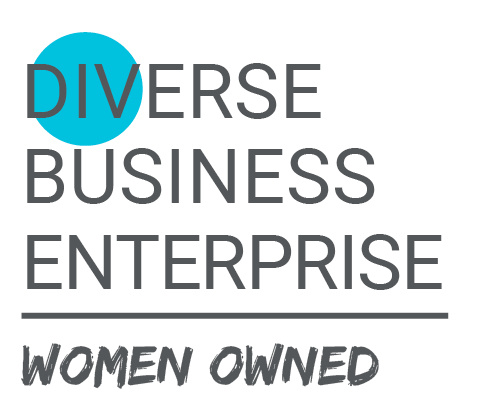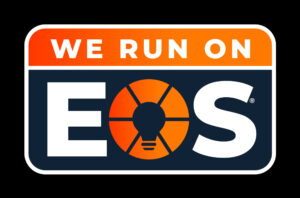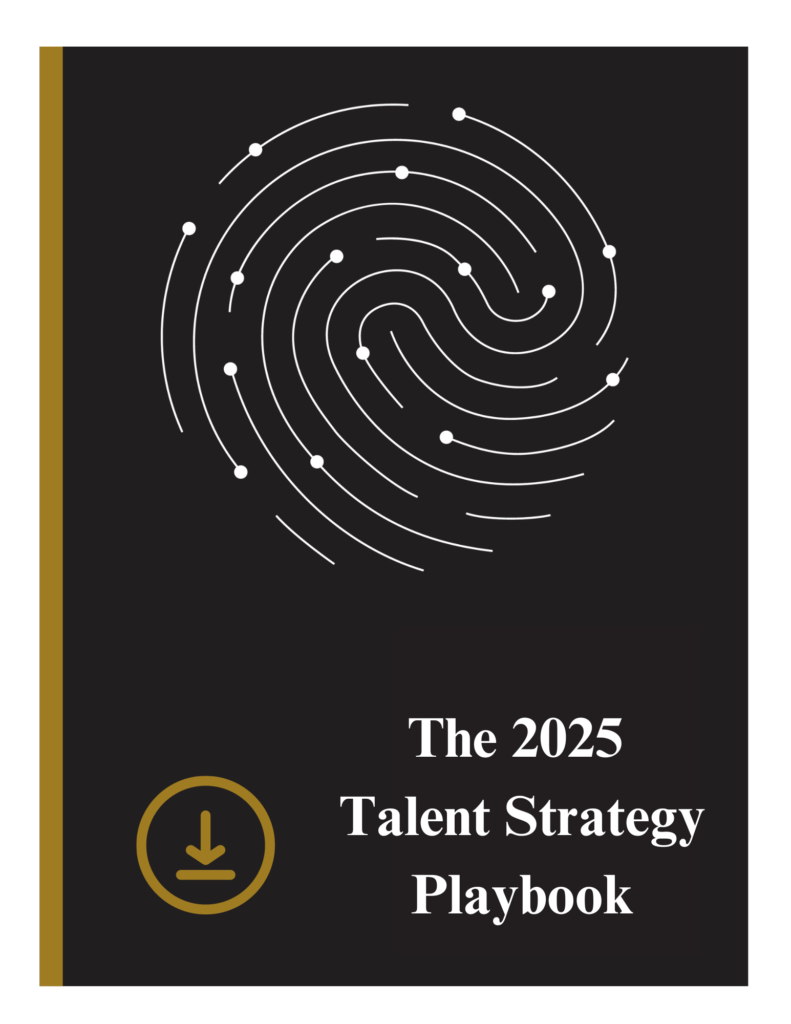The Importance of Emotional Intelligence in Executive Recruitment
by Amanda Sloan
In today’s fast-paced corporate landscape, where technology and analytics often take center stage in the hiring process, there’s a crucial yet often overlooked element that can make or break an organization’s success: emotional intelligence (EI). Particularly in executive recruitment, where leaders are tasked with steering the ship through troubled waters, the ability to understand and manage emotions, both in oneself and in others, is paramount. Let’s delve into why EI should be a top priority in executive hiring and how it can transform organizations for the better.
Beyond Technical Skills
Traditionally, executive recruitment has heavily focused on technical skills and experience understandably so, given the demands of high-level positions. However, while technical prowess is undoubtedly important, it’s only part of the equation. A leader might have all the right qualifications on paper but still struggle to inspire, motivate, or navigate interpersonal dynamics effectively. This is where EI becomes a factor.
What is Emotional Intelligence?
Emotional intelligence encompasses a range of skills, including self-awareness, self-regulation, empathy, and social skills. It’s about understanding one’s own emotions, as well as those of others, and using that understanding to manage interactions and relationships effectively. Leaders with high EI can communicate more authentically, resolve conflicts more constructively, and inspire trust and loyalty among their teams.
The Impact of EI in Executive Roles
In executive roles, where decisions can have far-reaching consequences and the stakes are high, EI can be a game-changer. Consider a CEO faced with the task of leading a company through a period of uncertainty and change. Technical expertise alone won’t be enough to reassure anxious employees, build consensus among stakeholders, or foster a culture of innovation and resilience. It’s the leader’s emotional intelligence that will enable them to navigate these challenges with grace and effectiveness.
Building a Culture of Emotional Intelligence
While hiring executives with high EI is crucial, it’s equally important to cultivate a culture that values and prioritizes emotional intelligence at all levels of the organization. This starts with leadership setting the tone and modeling EI in their own behavior. It involves providing training and development opportunities for employees to enhance their EI skills, and creating a work environment where vulnerability is embraced, feedback is constructive, and empathy is valued.
Measuring EI in the Hiring Process
Assessing emotional intelligence in candidates can be more nuanced than evaluating technical skills or experience. Traditional interviews may not always reveal a candidate’s EI accurately, as it’s easy for individuals to provide scripted or rehearsed responses. Utilizing tools such as behavioral assessments, 360-degree feedback, and scenario-based assessments can provide deeper insights into a candidate’s emotional intelligence and how they’re likely to perform in high-pressure, interpersonal situations. W Talent Solutions recommends the Emotional Intelligence (TEIQue) assessment by Thomas International for our clients.
In the quest to build high-performing teams and drive organizational success, emotional intelligence is not a soft skill—it’s a strategic imperative. Especially in executive recruitment, where leaders are the standard-bearers for organizational culture and vision, EI can be the difference between a thriving, cohesive team and one that struggles to reach its full potential. By prioritizing emotional intelligence in the hiring process and fostering a culture that celebrates it, organizations can create environments where people feel seen, heard, and empowered to do their best work.



















